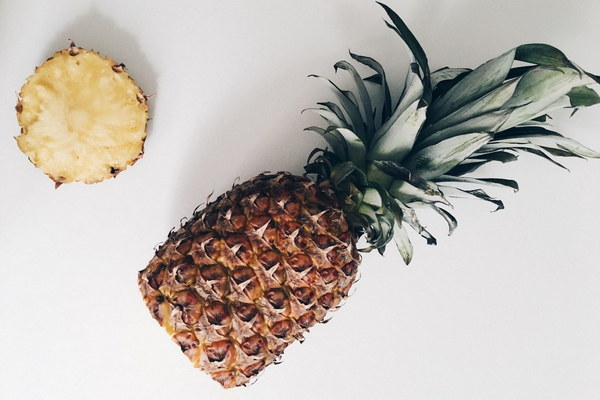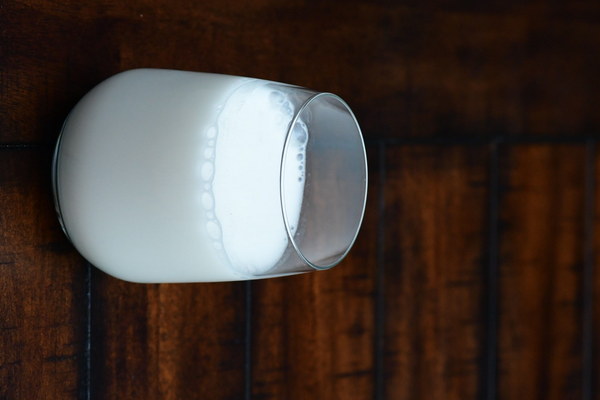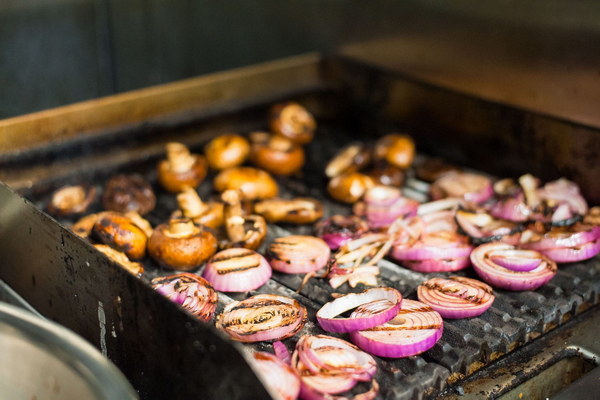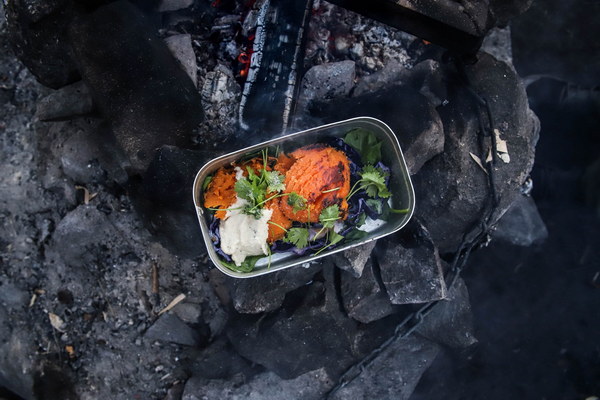Embrace the Winter Solstice A Guide to Nourishing Yourself with Traditional Chinese Remedies
As the winter solstice approaches, the days grow shorter and the temperatures plummet. It's a time when nature slows down and retreats, and so should we. The winter solstice, known as Dong Zhi in Chinese, is a traditional time for replenishing and nurturing our bodies. This ancient practice is rooted in the wisdom of Traditional Chinese Medicine (TCM), which emphasizes the importance of balancing the body's Yin and Yang energies during the colder months.
The winter solstice is a perfect opportunity to incorporate warming, nourishing foods and herbal remedies into your diet. These natural ingredients will help you stay healthy, energized, and warm throughout the winter season. Here are some tips to help you embrace the winter solstice and nourish your body with the wisdom of TCM.
1. Embrace Warmth
In TCM, the winter solstice is associated with the Kidneys, which are responsible for storing essential energy (Jing) in the body. To support kidney function and maintain a healthy balance of Yin and Yang, it's important to stay warm during the winter solstice. Here are some ways to keep your body warm:
- Dress in warm, layered clothing
- Drink warm beverages, such as ginger tea or a cup of hot cocoa
- Enjoy a warm bath or a hot shower before bed
2. Nourish with Hearty Foods
During the winter solstice, focus on consuming warm, nutritious, and easily digestible foods. These types of foods will help to nourish your body and strengthen your immune system. Here are some traditional Chinese dishes and ingredients to incorporate into your diet:
- Soups and stews, such as chicken and vegetable broth, miso soup, or beef brisket with root vegetables
- Root vegetables, such as carrots, beets, and sweet potatoes, which are rich in vitamins and minerals
- Winter squashes, such as acorn, butternut, and kabocha, which are high in fiber and beta-carotene
- Nuts and seeds, such as walnuts, almonds, and chia seeds, which are packed with omega-3 fatty acids and protein
3. Try Traditional Chinese Herbs
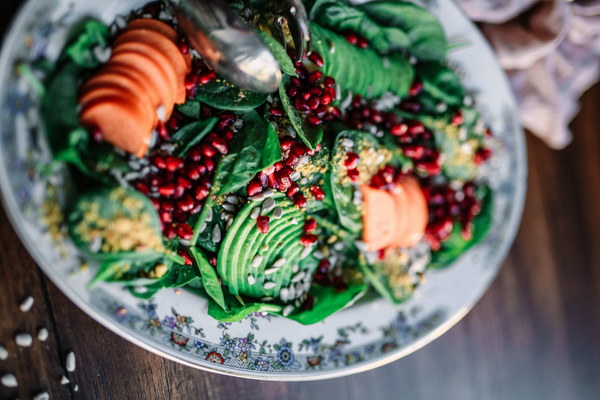
Herbal remedies are a cornerstone of TCM and can provide additional support during the winter solstice. Here are some popular Chinese herbs to consider:
- Astragalus (Huang Qi): Known for its immune-boosting properties, astragalus can help you stay healthy during the cold winter months.
- Codonopsis (Dang Shen): This herb is believed to tonify the spleen and lung meridians, which can help improve energy levels and overall well-being.
- Rehmannia (Shu Di Huang): Rehmannia is a Yin tonic that can help nourish the kidneys and blood, promoting overall health and vitality.
- Cinnamon (Rou Gui): Cinnamon is a warming spice that can help support kidney function and improve circulation.
4. Practice Self-Care
In addition to diet and herbal remedies, it's important to prioritize self-care during the winter solstice. Here are some self-care practices to consider:
- Get plenty of rest: Your body needs more sleep during the winter months to repair and rejuvenate.
- Engage in gentle exercise: Activities such as tai chi, qigong, or yoga can help maintain your body's energy flow and promote relaxation.
- Practice mindfulness: Meditation or deep breathing exercises can help you stay grounded and balanced during the colder months.
By embracing the winter solstice and incorporating these traditional Chinese practices into your life, you'll be well on your way to a healthier, warmer, and more balanced winter. Remember, the key to thriving during the colder months is to listen to your body's needs and nurture yourself accordingly. Happy Dong Zhi!

